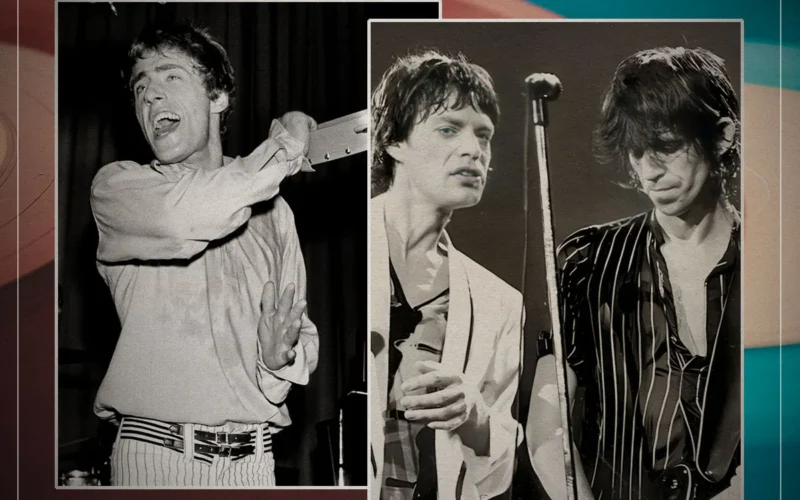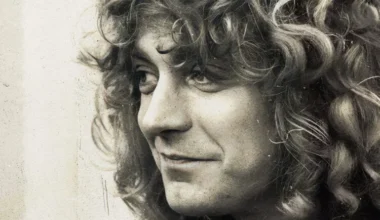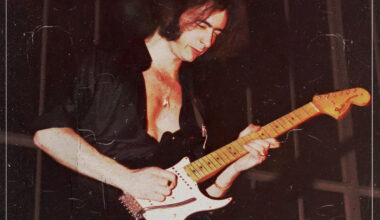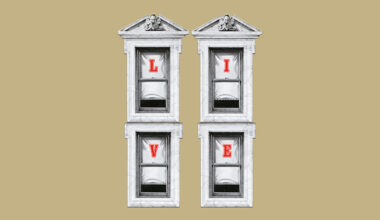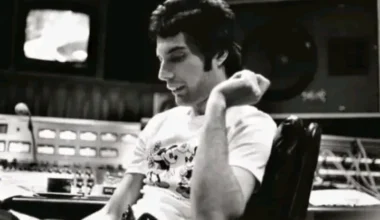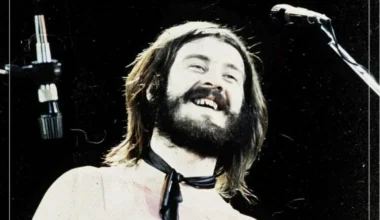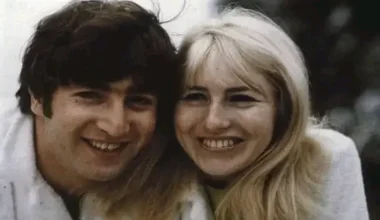In their prime, there was a ferocity to The Rolling Stones that terrified the public, the industry and their peers alike. Much like the moody maelstrom of their masterpiece, ‘Gimme Shelter’, it seemed that they could whip up a musical storm on a whim.
They represented something close to the epitome of a rock ‘n’ roll band: the original vagabonds who could wander into a studio, make an old blues riff their own, and strut around, moments later, bringing their new number one to life in front of hundreds of thousands of fans.
Anyone who enjoyed them during this period would undoubtedly highlight the rawness of the group. They might have attempted to follow The Beatles and get fancy with Their Satanic Majesties Request, but that didn’t last long. Soon enough, they were back to the rough and tumble basics and perhaps delivering them with more purity than anyone else, punching for the rock ‘n’ roll heavyweight crown.
Given the natural way they pursued this core tenet of the genre, Pete Townshend would later reflect that only The Who and The Rolling Stones could aptly be described as classic rock. When New York’s WAXQ-FM claimed The Police were a classic rock act, Townshend stepped in to protect the sanctity of the genre: “They’re now calling The Police ‘classic rock.’ I don’t think so. The Police are punk. They’re a punk band. They’re not classic rock,” he sneered.
“You know, you’ve got the (Rolling) Stones and The Who. Classic rock – finished. It’s all over after that…this is just music. It’s not classic anything,” he proudly concluded. And he even hinted that he may well put the Stones above his own band on that bronze-less podium. “I can’t analyse what I feel about the Stones because I am a really an absolute Stones fan, always have been,“ he began.
“Their early shows were just shocking,” he added. “Absolutely riveting, stunning, moving, and they changed my life completely. The Beatles were fun, no doubt about that. I’m talking about they’re live shows. I’m demeaning them in any way. The Stones were really what made me wake up,” he continued. Invigorated by the ‘Start Me Up’ sensations, they attempted to follow them right down to their raucous antics. However, in the studio, Roger Daltrey thought they were wildly differing.

“The Who don’t just go in and record ten songs for an album ’cause we need an album. Every album has been far more than that. And that’s why we’ve been waiting for the time when we would release something really worth releasing. It’s here now, and by Christ it’s worth releasing,“ he told Tony Stewart just prior to the unveiling of Quadrophenia.
Despite their passions evidently spilling over, sometimes into swimming pools, in a manner that mirrored the manic upheaval of the Stones, it seemed The Who were decidedly more measured in the studio. If Mick Jagger and his mates were all about feeling, then Daltrey’s gang were largely driven by ideas.
“We’re not like Slade, or even the Stones come to that, who can just go in and make a whole load of songs and release them. We don’t thrive on that sort of scene. That’s why we do find it difficult these days to get singles,“ he said.
They were the original concept album band, each album tethered to a story or grand notion. In part, this was tied to Townshend’s philosophy on music. His father was in a post-war dance band were simple levity was the aim of the game. “Music, even today, is about much more than that,“ he argued.
“It has a function, which is to help us understand what is going on in the world and to help us understand what is going on inside us, so the purpose and the duty of somebody who makes music is very different to the way it used to be. […] And I think I was the first to articulate that and try to explain it,” he told Apple Music.
Meanwhile, Keith Richards claimed that the true magic was in the mere moment. “There’s something beautifully friendly and elevating about a bunch of guys playing music together,“ he writes in Life. “This wonderful little world that is unassailable. It’s really teamwork, one guy supporting the others, and it’s all for one purpose, and there’s no flies in the ointment, for a while. And nobody conducting, it’s all up to you. It’s really jazz—that’s the big secret. Rock and roll ain’t nothing but jazz with a hard backbeat.”
No matter the mode, the result from both was classic rock.
